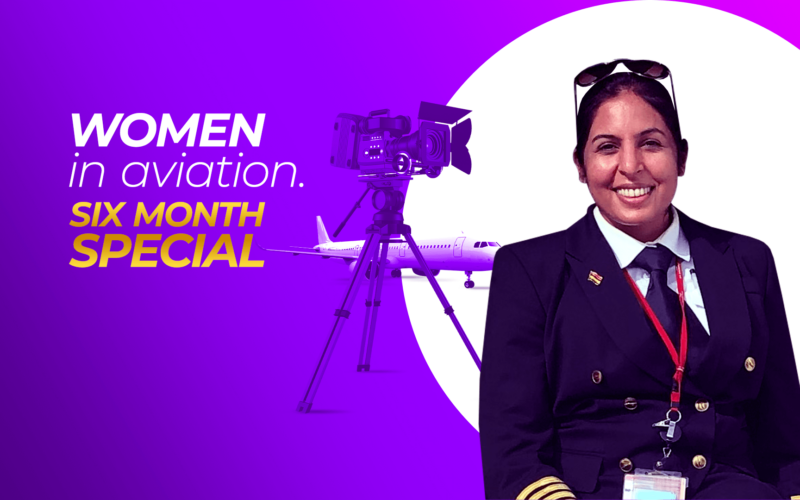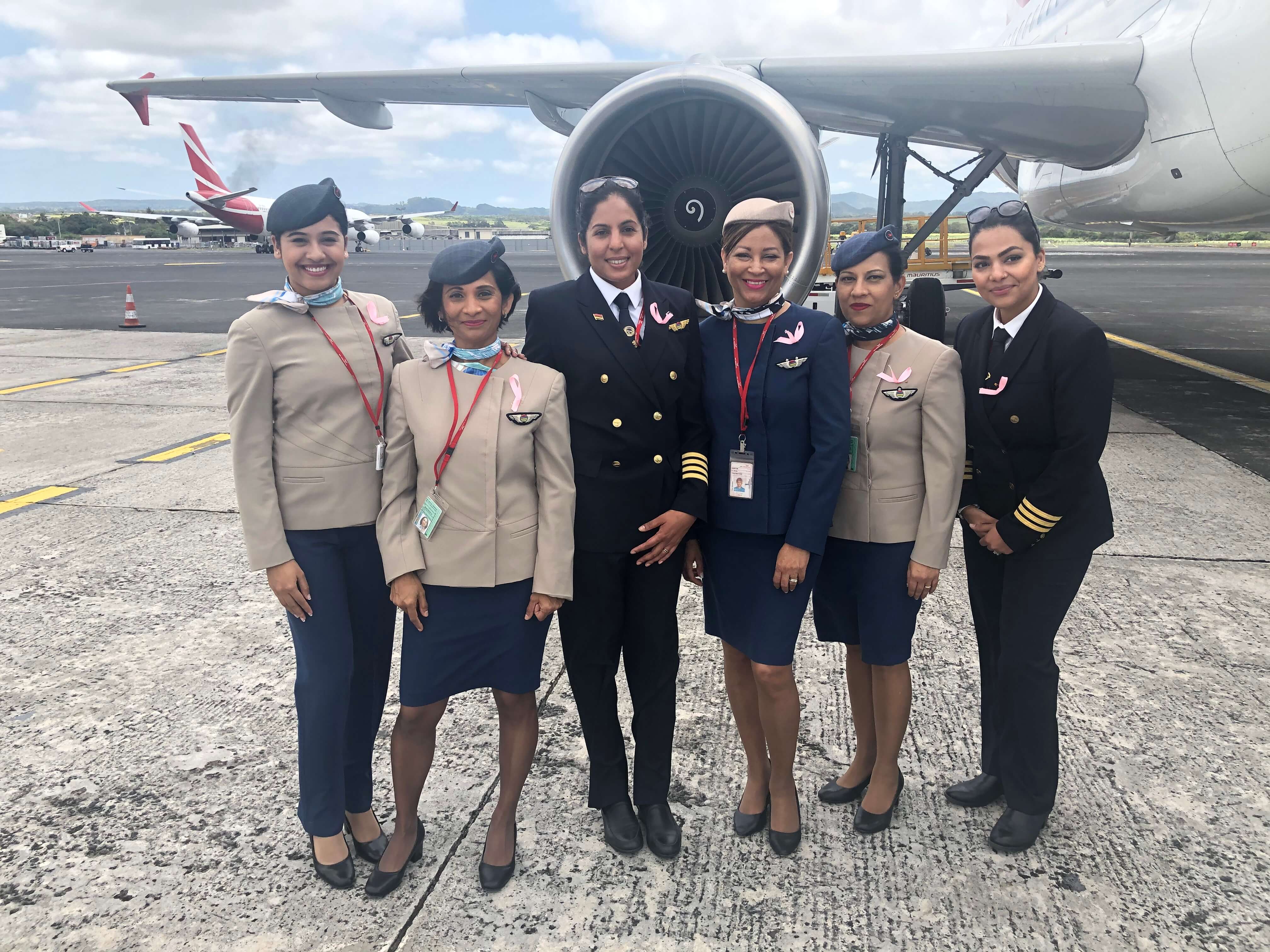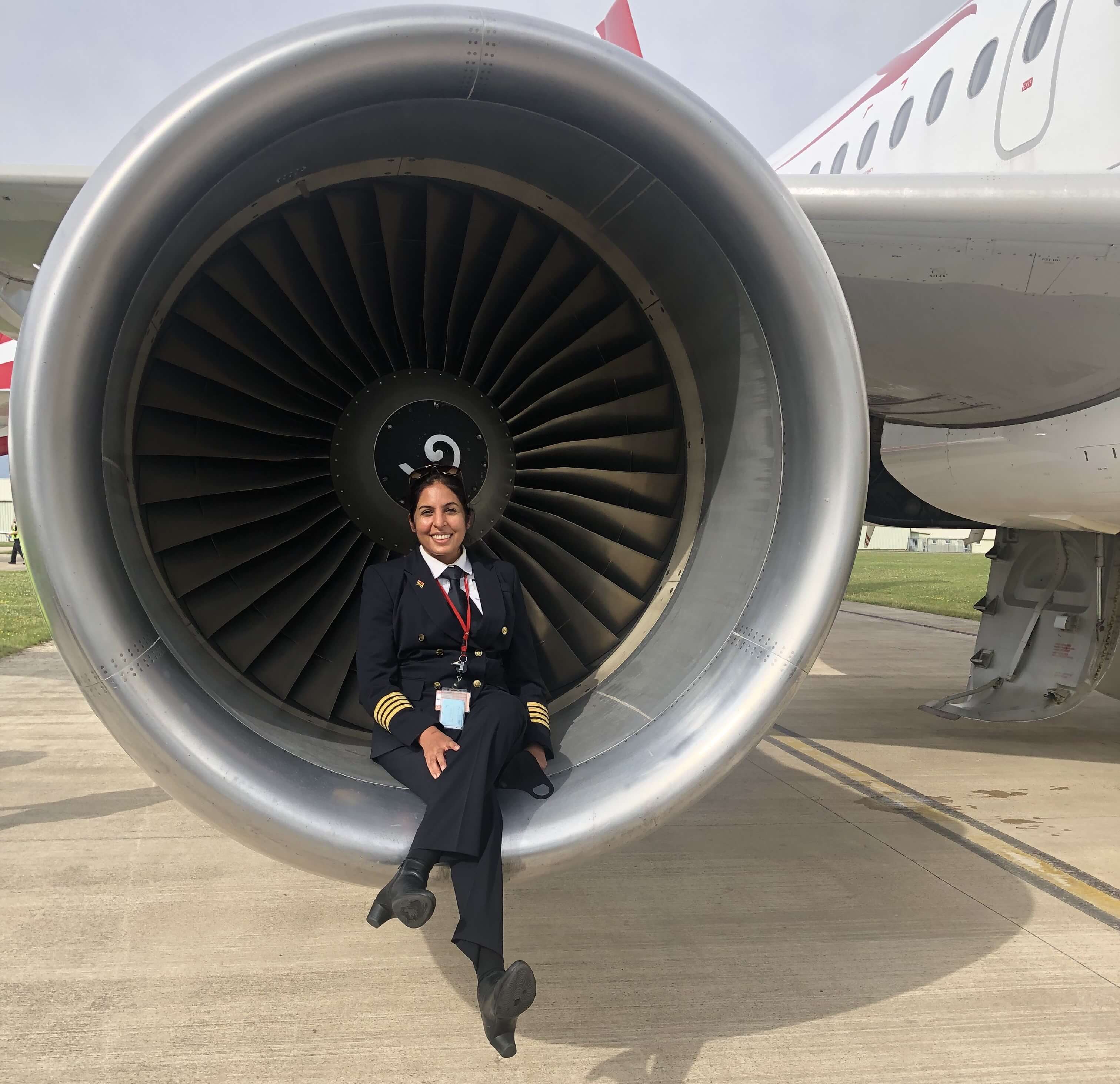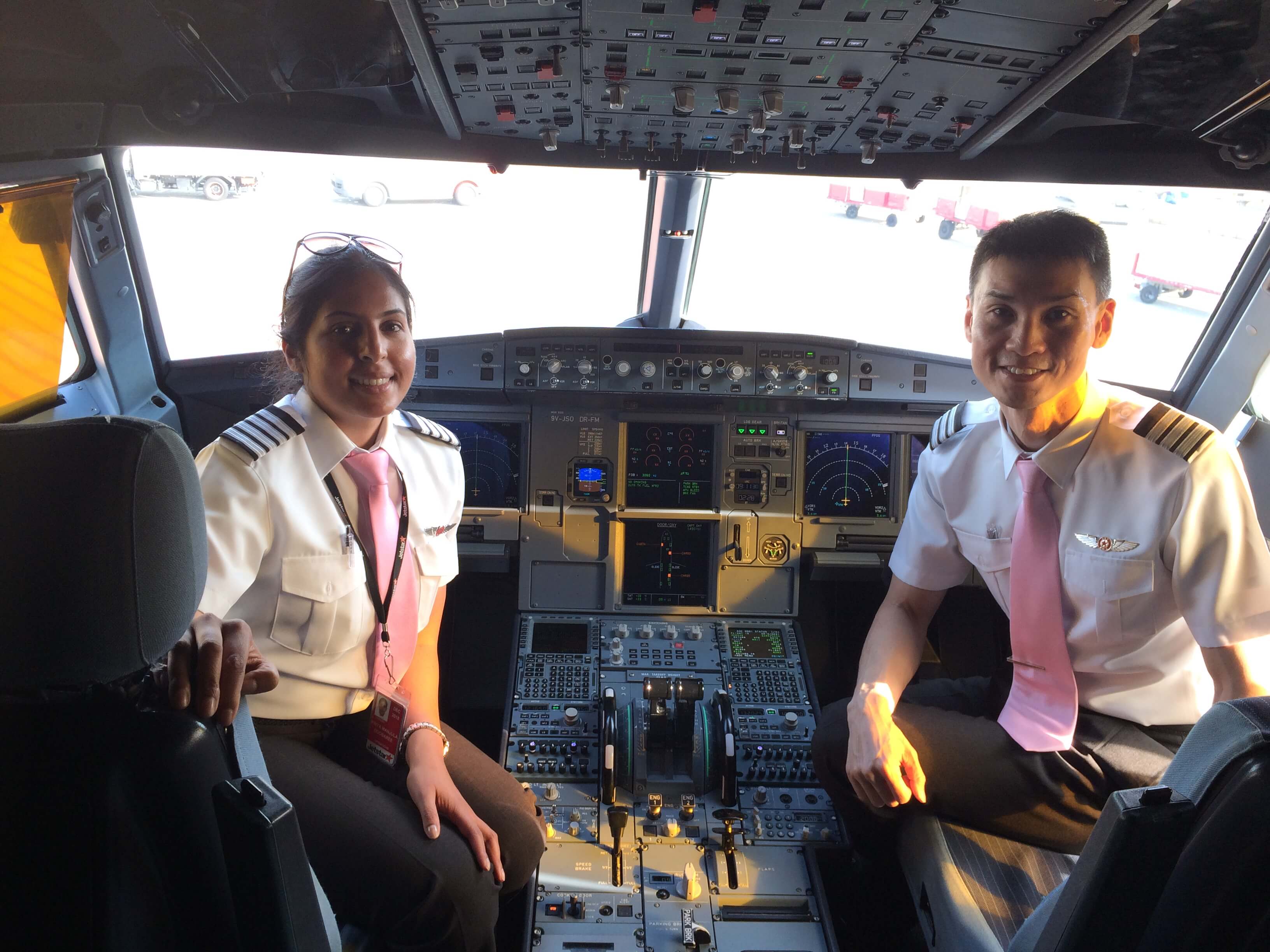Aviation psychology has been around as a concept for several decades, but airline pilot Priya Doobaree says that the COVID pandemic has made it more important than ever.
Not content with reaching the position of airline captain, Doobaree gained qualifications in psychology while flying and has been busy during the pandemic helping to provide support to fellow pilots.
Doobaree started mentoring with Resilient Pilot, set up a peer support program for Air Mauritius to help people with their mental health and well-being, as well as doing a course on coaching after the pandemic grounded air travel worldwide.
“I think these were essential things to be done,” she says. “While I was sitting at home, I was every day on a new project, helping others and I think it did me a lot of good.”
Aviation psychologists typically work with selection assessments, accident investigations, training and change management.
“It’s a new sort of feel, but it’s been around for a good 40 years,” she tells AeroTime. “But it’s more talked about now. And I think after COVID, we’re going to need it more than ever.”
Doobaree, who has been made redundant from Air Mauritius, says it’s important for pilots to support each other. While she had to fight a lot of her own battles to get into the industry, she recognises the value of support programs.
“I’ve always done my fight, to find my way into aviation by myself. And I’ve been successful,” she explains. “But now that I’ve discovered the female pilot associations, and how much benefit you can get from that.”
Priya’s journey to the flight deck has not been easy. Growing up near an airport in Botswana, it was watching the planes come and go, plus travel with her family, that inspired her to become a pilot. However, access to flying in Africa is limited and often her ambition was met with skepticism.
“When I would say I want to be a pilot, I always got the look of a bit of shock. Not disapproval, but a bit of a surprise from people,” she remembers. “My parents agreed it was a brilliant job, but said think about it carefully. They were not 100% keen.”
Doobaree decided to go to university on a scholarship and study aviation science, While she was at St Louis University’s Madrid campus, her parents called and said Air Mauritius had started a cadet program after several years of a hiring freeze.
She applied for the program, and after a lengthy and intense selection process, soon found herself as the only female cadet on the program. She started flying commercially at the age of 21 on an ATR42 for Air Mauritius.
“There were setbacks. There were disappointments. One thing that kept me going was visualizing myself sitting in that Air Mauritius aircraft. So the day it happened for real, it was overwhelming.”
After missing out on an upgrade to captain, Doobaree decided it was time to achieve her dream of living abroad and flying for a foreign airline, so she went to Singapore for Jetstar Asia in 2011. It was there that she got involved in the crew resource management and human factors team, before starting to study psychology. Doobaree commenced with a Bachelor’s degree and then gained a Master’s qualification in 2020.
While she loved her time abroad, Doobaree realized she wanted to do her part to encourage female aviators in her home country.
“I felt like there was a need to be a role model, to come back and fly for my national airline to show Mauritians, Mauritian girls, Mauritian women that this is a job for women as well.”
She then became the first female captain at Air Mauritius in 2017, and hopes to encourage more women to take up flying, citing data that just 1% of pilots are female in Africa.
“I hope and I think I’ve heard of a lot of girls who have gone into flying. So I think I’ve also led other women to choose flying and I’m really happy for that,”
Doobaree says a crucial aspect to being a pilot is to be resilient, to get through the ups and downs that aviation typically brings.
“I think to be resilient, you need guidance from a mentor or friend to help you through because I think it’s hard to get through by yourself. Especially in these uncertain times, finding that first job is going to be hard for young aviators. “But I think if the younger pilots have that help, they’ll get through.”




